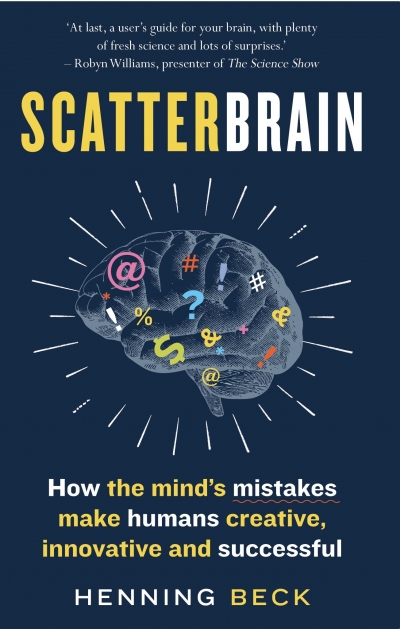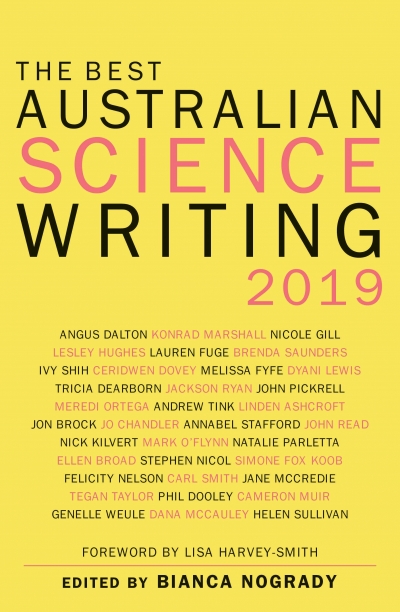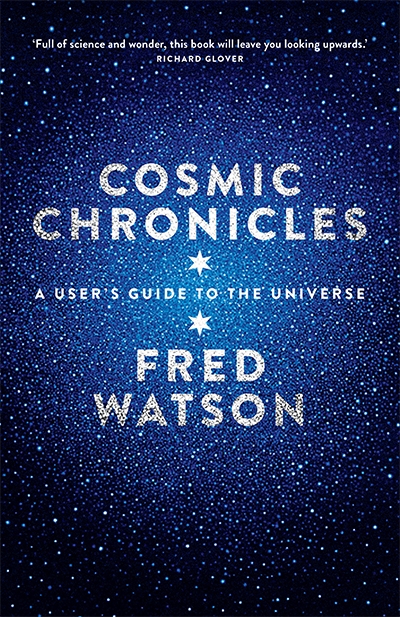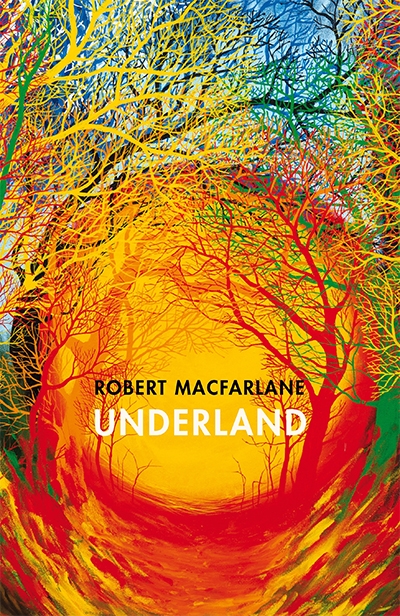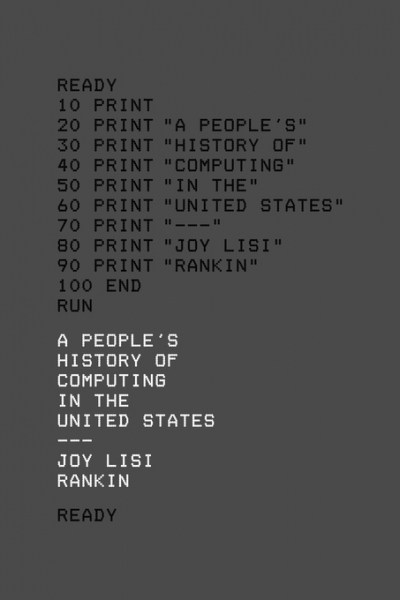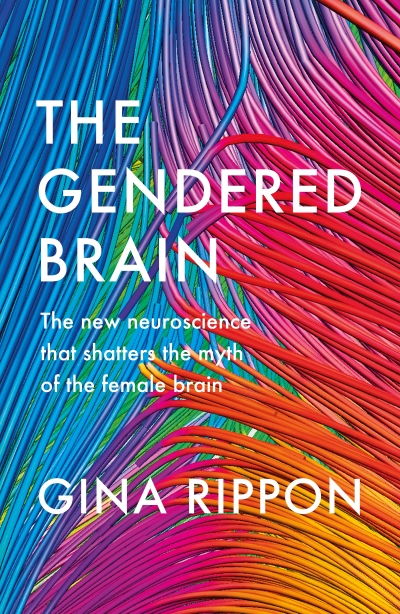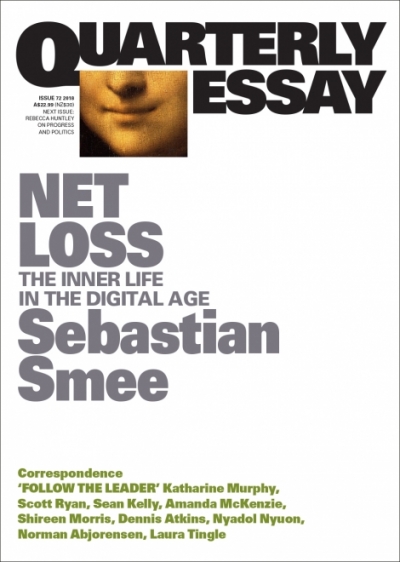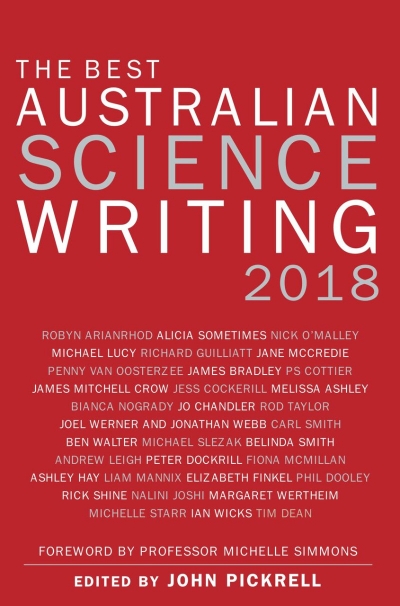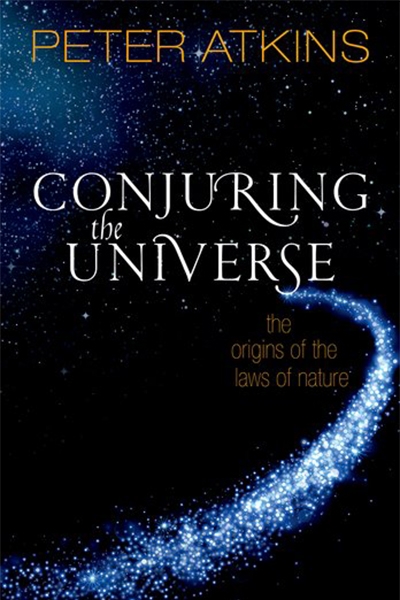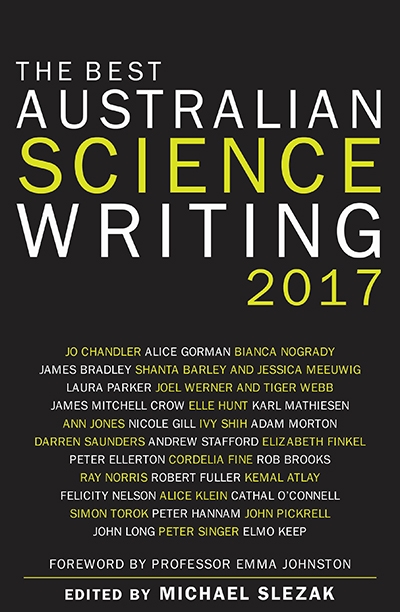Science and Technology
Scatterbrain: How the mind’s mistakes make humans creative, innovative and successful by Henning Beck
Once, when we humans reflected on what made us special, we latched on to those qualities that distinguished us from the rest of creation. We were smarter, more rational, more cognitively capable. The philosopher Joseph de Maistre, for example, proposed that ‘the concept of number is the obvious distinction between beast and man’. More recently, with the onrush of the digital age, we have come to feel less confident in our mental powers. We may understand numbers better than other beasts, but our phones can carry out arithmetic calculations at inconceivable speeds and beat the brainiest among us at chess.
... (read more)The Best Australian Science Writing 2019 edited by Bianca Nogrady
Reading good science writing is not just pleasurable and informative: it’s also necessary if we want to live engaged and examined lives in today’s hyper-technological, climate-changing world. The Best Australian Science Writing 2019 offers readers all these things – the delight in good writing, the satisfaction of learning, and the sobering reckoning with our society’s environmental impact and lack of political engagement with science. Yet it’s not afraid to challenge science itself on occasion – showing ‘its flaws as well as its finer moments’, as editor Bianca Nogrady puts it.
... (read more)Cosmic Chronicles: A user’s guide to the universe by Fred Watson
Fred Watson’s inspiration as a lad was the legendary telly astronomer Patrick Moore, who presented the BBC’s show The Sky At Night for more than fifty years. At the end, when others such as Chris Lintott began taking over, Moore was simply wheeled in at the start of the show in his wheelchair, to mumble a couple of sentences, then wheeled off again, out of the way, looking on wistfully.
Watson and Moore have a lot in common: both British, both immensely informed, both musical performers. And they both showed not just deep knowledge of deep space but also the essential emotional commitment to the vast tapestry they were investigating. I well remember the night when the first pictures of the far side of the moon came to Moore, live on air. As he showed them to the television audience, he simply cried, talking in choked tones as tears streamed down his face.
... (read more)Underland is English nature writer Robert Macfarlane’s longest and, by his own admission, deepest and strangest book. It took almost a decade to write. From the remote mountain peaks of his first book,
According to most accounts, the history of computing is a triumph of enterprise. This story starts in the 1950s and 1960s with commercial mainframe computers that, one stack of punch-cards at a time, assumed business tasks ranging from managing airline reservations to calculating betting odds ...A People’s History of Computing in the United States by Joy Lisi Rankin
The Gendered Brain: The new neuroscience that shatters the myth of the female brain by Gina Rippon
A few intellectually superior women exist, conceded nineteenth-century anthropologist Gustav Le Bon, but ‘they are as exceptional as the birth of any monstrosity, as, for example, of a gorilla with two heads’. Armed with cephalometers, scales, and birdseed for measuring skull volumes ...
... (read more)Net Loss: The inner life in the digital age (Quarterly Essay 72) by Sebastian Smee
You probably own a smartphone. Chances are it’s in your pocket right now, or at least within arm’s reach – don’t pick it up. Fight the habit. Besides, you’ve probably checked it in the last fifteen minutes. If you are an average user, intentionally or not, you will spend three to four hours looking at its screen today. If you did check your phone after the second sentence, then well done for making it back to this piece, although (according to some research) it probably took you about twenty-five minutes to refocus.
... (read more)The Best Australian Science Writing 2018 edited by edited by John Pickrell
I first encountered Stephen Jay Gould when I happened on one of his books in a bookshop during my late teens. Its unusual title, The Panda’s Thumb, caught my eye. The lead article channelled Charles Darwin’s approach to understanding the natural world, not through looking at perfect adaptations to the environment but ...
... (read more)Conjuring the Universe: The origins of the laws of nature by Peter Atkins
Peter Atkins writes a sentence at the beginning of this bewildering book that seems both preposterous and cheeky: ‘I would like to assert that not much happened at the Creation.’ And then: ‘I would like to replace the “not much” by “absolutely nothing”.’ How can any leading scientist ...
... (read more)The Best Australian Science Writing 2017 edited by Michael Slezak
It is a common misconception that scientists are not writers. As Professor Emma Johnston states in her foreword, writing is a fundamental part of the scientific process and innumerable volumes of scientific journals are published each year. These papers often employ dry, opaque language ...
... (read more)
